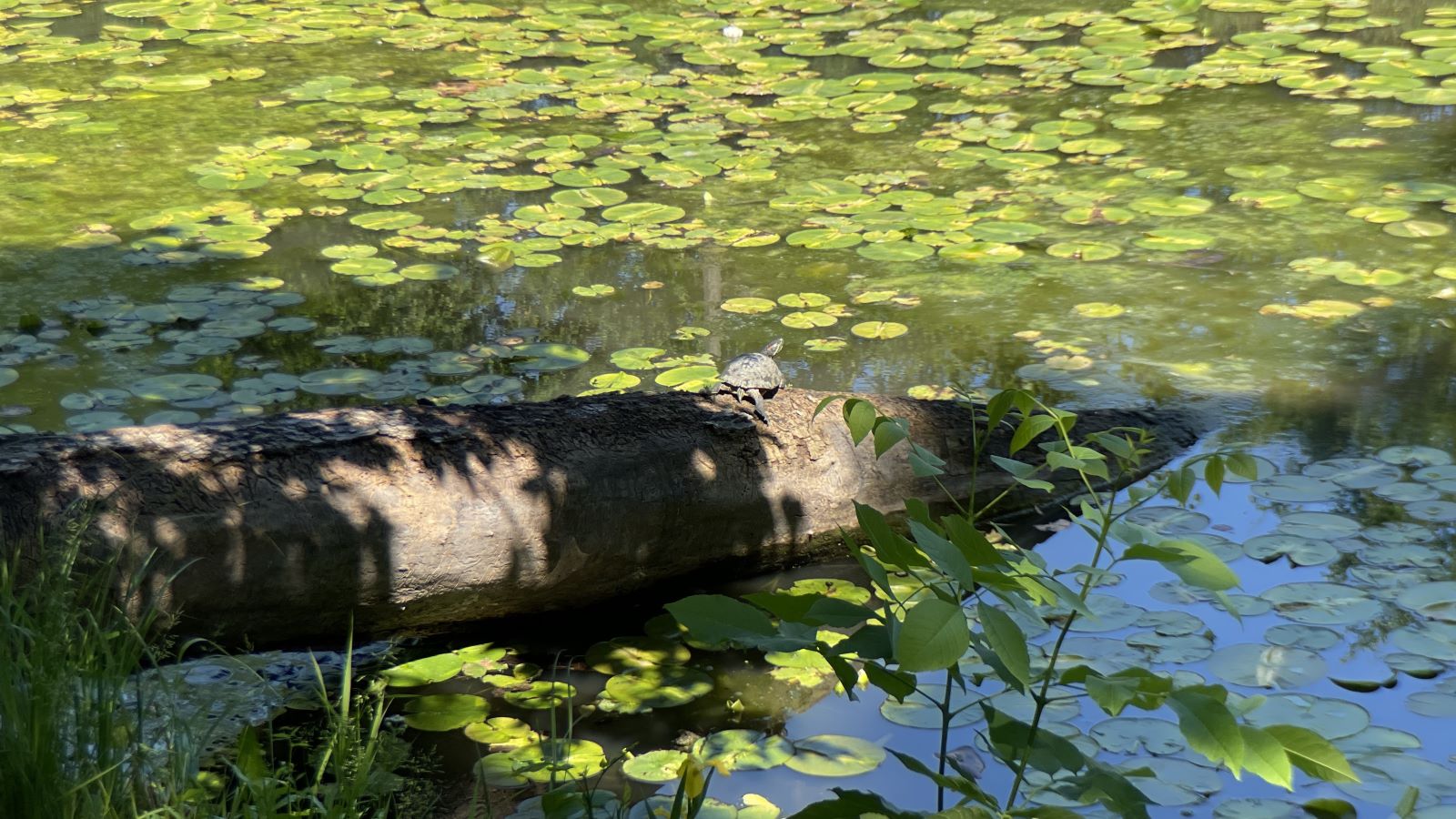
Governor Cooper acts to conserve North Carolina’s wetlands and replenish trees
Executive order 305 increases wetland and forest conservation efforts and provides better flood protection

Governor Cooper issued executive order 305 on Monday, February 12th, which directs state and cabinet agencies to conserve and replenish 1 million acres of wetlands and wooded areas and plant 1 million trees in urban areas.
Environment North Carolina applauds this measure which works to counteract protections lost during last year’s legislative session. Wetlands are vital ecosystems for more than 70% of North Carolina’s endangered wildlife. They filter pollution out of our rivers, and protect communities from flooding. Forests also absorb storm water, preventing runoff pollution.

North Carolina’s rivers are vital resources, from supplying us with drinking water to providing local swimming holes during the hot summer months. Yet, many are polluted, underscoring the need for us to protect our wetlands and forests as natural filtering systems for these waterways.
The need for North Carolina to protect its wetlands is now more urgent than ever, as the Supreme Court eviscerated longstanding federal protections under the Clean Water Act last year.
“Executive order 305 is going to help protect North Carolina’s wetlands and the wildlife that call them home,” said Environment North Carolina Advocate Emily Mason, “As climate change creates significant challenges to North Carolina, including wreaking havoc on biodiversity and increased flooding, protecting wetlands is crucial to the long-term wellbeing of our state.”
Executive order 305 also includes reporting requirements, directing the DEQ to update mapping and evaluation methods to better understand land use, more accurately map out wetlands, identify permanently conserved and restored areas, and publish a report on the environmental and social value of lands including wetlands. It also directs the DNCR to analyze the effects of climate change on biodiversity, natural lands and waters.
Topics
Updates

Earth Day hikers call on Biden administration to protect North Carolina’s oldest forests

Lobby day secures bipartisan support for the Plastic Pellet Free Water Act

Advocates drum up support for America’s wildlife in DC

EPA announces new PFAS limits

